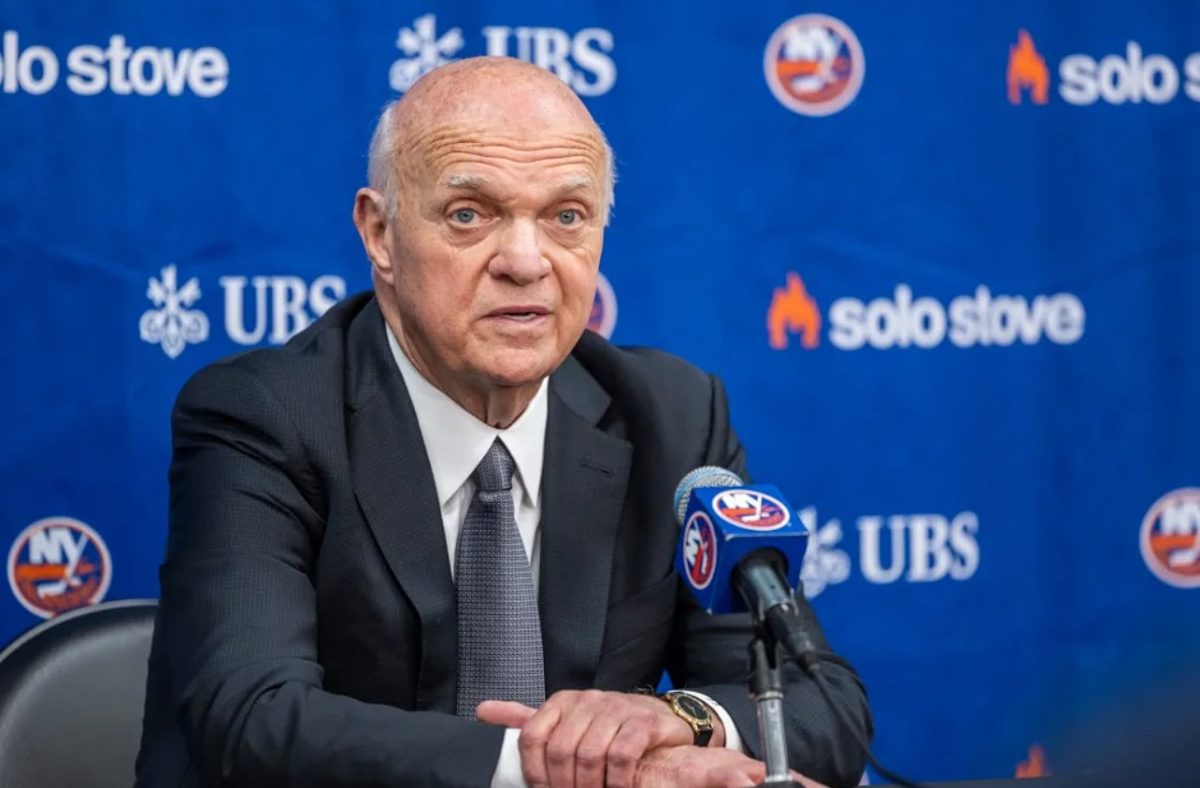
By Matt McCormack
Two seasons ago, they were in the Stanley Cup Final. Last season, they won the President’s Trophy. This year, they missed the playoffs altogether.
Such has been the downfall of the Boston Bruins.
Last Thursday, the Bruins fired general manager Peter Chiarelli after a very disappointing 2014-15 season. After finishing with the best record in the league last season, they missed the playoffs this year for the first time in eight years. They were only the third team to ever miss the playoffs after winning the President’s Trophy the year before. Boston finished the season 41-27-14, two points behind Pittsburgh for the last playoff spot. After being a perennial playoff contender for the better part of this century, how exactly did the Bruins fall this far?
Before the season began, the Bruins were in cap trouble and needed to unload some contracts. They chose to trade Johnny Boychuk to the New York Islanders for two second round draft picks and a third round pick. This trade upset many Bruins fans, and probably some players in the locker room too. Although Boychuk was never the leader of the B’s — that title belongs to Zdeno Chara — he was a leader on the blue line and a role player who always gave it his all.
The loss of Boychuk probably hurt the Bruins more than they expected, as they have had trouble replacing his grit and determination.
The Bruins were also plagued by injuries throughout much of the year. This is not an excuse, since all teams have to deal with injuries, but they certainly did not help the cause either. Boston had the ninth-most “Man Games Lost,” which totals the number of games missed by players throughout the season. They were particularly decimated on the blue line, losing almost all of their main defenders at some point or another early in the season, including 19 games missed by captain Zdeno Chara. The loss of Boychuk had already hurt Boston’s defensive depth — these injuries early in the season were too much to overcome.
Perhaps Boston’s more pressing problem this year was their inability to score goals. They only scored 2.5 goals per game, good for only 22nd in the league. Last season, Boston was third in the entire league with 3.15 goals per game. Why the sudden decrease?
The loss of Jarome Iginla as a veteran first-line scorer has hurt them deeply. He moved to the Colorado Avalanche, where he led the team in goals this season. When he was with Boston, he had great chemistry with his line mates David Krejci and Milan Lucic.
In the 2013-14 season, he was one of only two Bruins to score at least 30 goals. His loss affected the Bruins as a unit, since they had to readjust all their lines to make up for his absence, losing the chemistry they had created the previous season. This year’s leading goal scorer for the B’s, Brad Marchand, only totaled 24 goals. That is simply not enough for a team that wants to compete for a Stanley Cup.
However the Bruins decide to improve their team, one thing is certain: because of their playoff absence, they will have a very long offseason to figure this all out.










































































































































































































